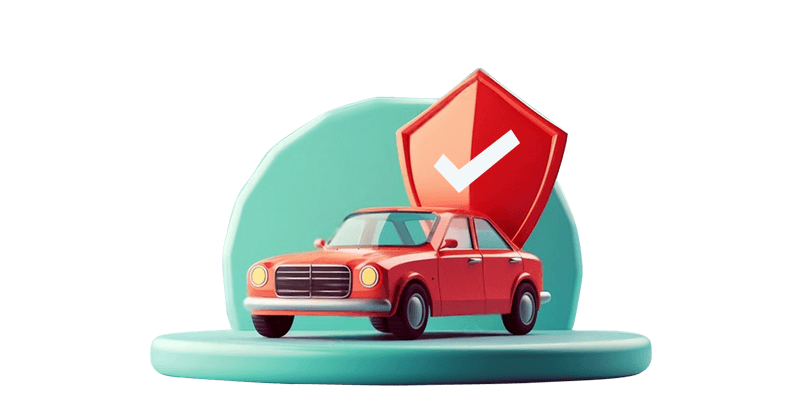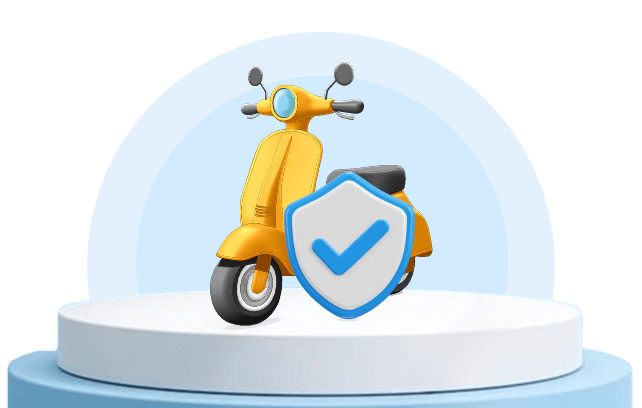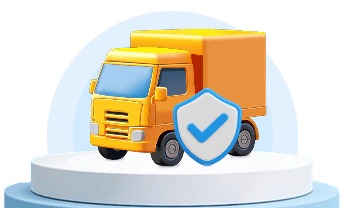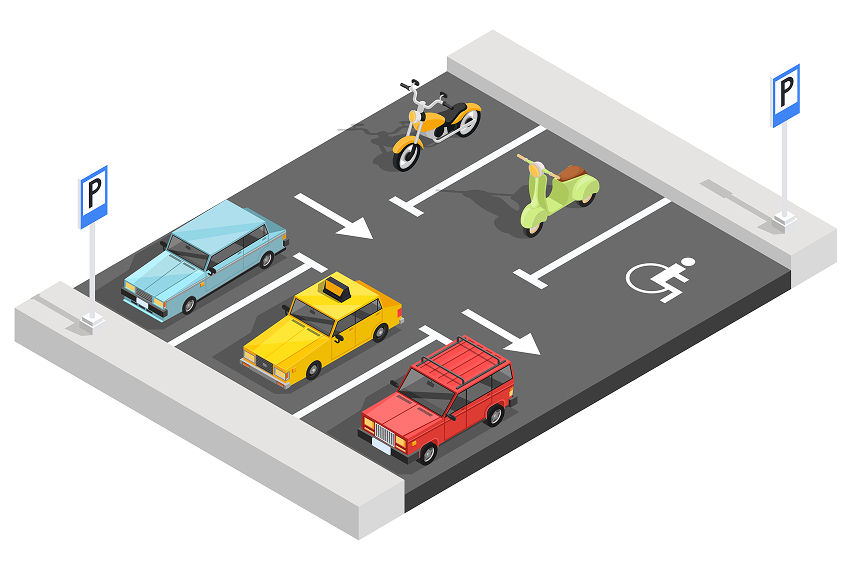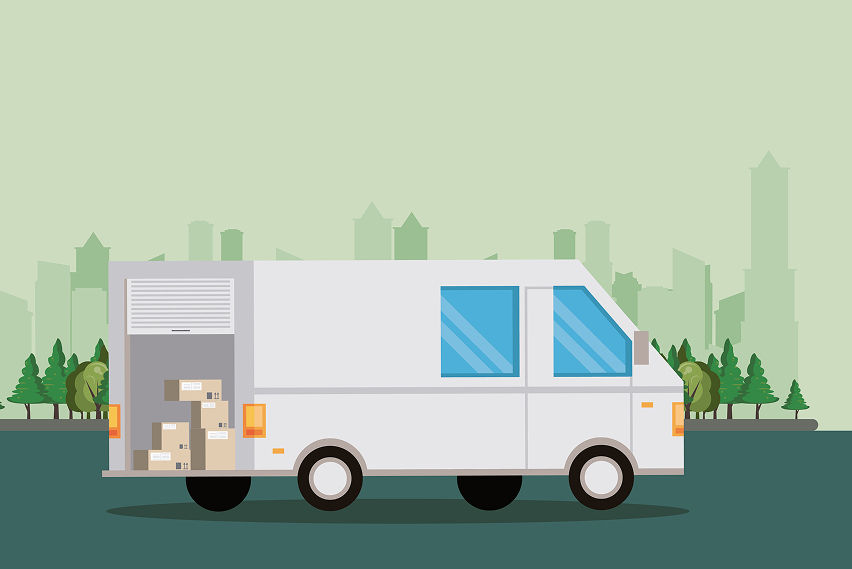
Car insurance is a must for every Filipino car owner. You need the mandatory CTPL; if not, comprehensive insurance is highly advisable. A car owner’s insurance journey doesn’t end with getting a policy; rather, it starts from that point. Wondering why that is? That's because after that, you need to pay a monthly or yearly premium, renew the policy, and, if needed, switch providers.
Today, our focus is on insurance premium payments and what will happen if you stop making them altogether. So, let’s get started.
Insurance premium payment - An obligation
You see, whenever you sign up for a car insurance policy, you agree to the terms stating that you will pay a regular premium to the insurer in exchange for coverage. Now, the coverage could be basic and compulsory, i.e., Third Party Liability or more extensive, comprehensive insurance.
As a policyholder, it is your responsibility to keep the insurance policy active, which is done by paying the premium on time. In most cases, you are offered a monthly, quarterly, or annual payment scheme, so you have plenty of time to plan your payment accordingly.
If you still miss a payment, the contract between you and the insurer will be disputed, and in the worst-case scenario, it may become completely void.
What if you miss one payment?
Despite all the effort and budgeting, if you miss a single premium payment, there’s no need to panic.
Yes, don’t worry; most car insurance providers in the Philippines offer their clients a grace period for missed payments to rectify the situation. Ranging between 15 and 30 days, during this timeframe, you can make up for the missed premium payment.
How will you know when the grace period ends? In most cases, the policyholder receives a call, text, or email from the provider about the overdue balance and grace period timeline. If no payment is made during the grace period, be prepared to be uninsured with no coverage for your car and yourself.
What if you stop paying the premium altogether? If you decide not to pay the premium, or your situation doesn’t allow you to afford this expense anymore, your insurance policy cancellation is confirmed. Now, this cancellation might be triggered automatically after non-payment during the grace period or after multiple payment defaults.
A cancelled car insurance policy brings along several consequences, including -
- Loss of insurance-related benefits - No third-party liability and accident coverage, no roadside assistance, etc.
- Policy cancellation - Insurance providers will end the contract with the policyholder.
- Legal impact - The insurance provider can take legal action against the insured for breach of contract.
- Potential blacklisting - You may be added to the bad books of your insurance provider for years to come, making it difficult to obtain a policy from the same company in the future.
Let us now discuss them all in detail
 Photo from Freepik
Photo from FreepikLegal consequences of non-payment of the premium
It is a well-known fact that CTPL insurance is mandatory for LTO vehicle registration, and driving without it is illegal in the country. Now, if the authorities caught you driving without insurance (potentially due to premium non-payment), here’s what will happen -
- You will be fined.
- Your car can be impounded.
- You won’t be able to renew your vehicle’s registration (which is also a must).
As for the non-payment of comprehensive insurance premiums, it may lead to a breach of contract, for instance, a loan contract with the bank, if your car is under financing. Furthermore, both the insurance company and lender can take legal action against you (depending on the agreement).
Financial risk associated with non-payment of the premium
If you are under the illusion that skipping car insurance premiums will save you money, then the information below will make you rethink your decision. So, here’s what you’ll end up paying in case of -
Car accident without insurance
- Car repair bills
- Damage done to the other vehicle
- Medical bills and hospital fees
- Legal fees (in case a case is taken to the court)
Roadside assistance without insurance
- Towing service (which is pretty expensive, if hired privately)
- Professional charges for battery jumpstart and other on-site repairs
- Payment for other roadside assistance services
Once the coverage lapses, you’ll be required to pay for these services, which were once free or discounted.
Impact on future insurance applications
There are chances of information getting shared within the insurance circles. So, an unpaid or lapsed policy reflects poor payment behaviour. This could lead to consequences like -
- Difficulty in getting your future insurance application approved
- Facing higher premiums
- Getting backlisted (in rare cases)
 Photo from Freepik
Photo from FreepikConsequences faced by financed vehicles
If your car is financed via a bank or other financial institution, then a non-payment of premiums will hurt the relationship with the financier and can lead to -
- Breach of financial agreement
- Repossession by a bank or lending institution
- Forced insurance purchase (now available at a higher cost)
What to do if you can’t afford the payment of the premium?
Sometimes the odds are against us, and no matter how hard we try, things don’t fall into place. The same is the case with finances; sometimes, despite all the hard work, bills remain unpaid. If you are facing such a challenge, don’t just stop making payments (as it has severe consequences); instead, you can try the following -
- Contact your insurer and request a payment extension or a temporary reduction in coverage.
- Switch to a more affordable plan. You can consider opting for higher deductibles, bundling policies, or choosing limited coverage in addition to CTPL.
Tips to avoid lapse of insurance policy
- Use payment reminder apps.
- Go for auto-payment.
- Choose annual payments, as they offer discounts.
- Bundle your insurance policies.
- Review your coverage regularly, and drop add-ons that are not needed.
Bottom line
Car insurance is a must for every Filipino car owner. However, when you take on an insurance policy, you need to keep it active to enjoy its benefits, i.e., financial protection against damages, repair, medical bills, etc. To do so, you need to pay a premium, monthly or annually, as stated in your policy. If you fail to do so, there are several consequences that you might have to face. This ranges from loss of vital protection to legal penalties. Instead of risking it all, we’d suggest that you budget accordingly and make regular payments. If that doesn’t seem to work, consider consulting with your provider, exploring more budget-friendly options, and keeping the policy up to date.
Remember, when an unfortunate event occurs, insurance offers a helping hand that offers substantial financial relief. So, it’s better to be safe than sorry.
FAQs
Q1. Can I drive in the Philippines without car insurance?
Ans. No. Compulsory Third Party Liability (CTPL) insurance is mandatory for Filipino car owners; it is required for vehicle registration.
Q2. I missed the premium due date. Can I make a late payment?
Ans. There is no problem if you miss your premium due date, as insurance providers usually give clients a grace period of 15 to 30 days.
Q3. What if I get into a car accident without insurance?
Ans. If you get into a car accident without comprehensive insurance, you’ll end up making all the payments for damages, repairs, and medical bills.
Q4. Do insurers give reminders for premium payment?
Ans. Yes, many insurers send reminders via SMS or email; however, it is advisable to keep your reminders in place.
Q5. Is it possible to restart a lapsed car insurance policy?
Ans. It depends on the insurance provider and the terms & conditions they follow. In some cases, you may need to pay penalties or reapply through the process.
Q6. Do I need comprehensive insurance to drive legally?
Ans. No, you only require CTPL insurance to drive legally. Comprehensive insurance is optional; however, it is highly recommended due to its extensive range of coverage.
Q7. Will my credit score get affected by the premium dues?
Ans. Yes. Late or missed premium payments hurt the applicant's credit score.
Q8. Is it possible to transfer my car insurance policy with an unpaid premium to a new provider?
Ans. No. You cannot transfer until you have a ‘clean slate’ concerning premium payment.
Q9. What if I sell my car? Will I still need to pay the insurance premium?
Ans. It is advisable to formally cancel your active car insurance policy upon selling your car.
Q10. What is an insurance grace period?
Ans. It is a designated time offered by the insurance provider wherein you can pay your premium after the due date. Usually, this extra time lasts between 15 to 30 days.
Also Read: Looking to cut insurance costs in 2025? Consider buying one of these cars
